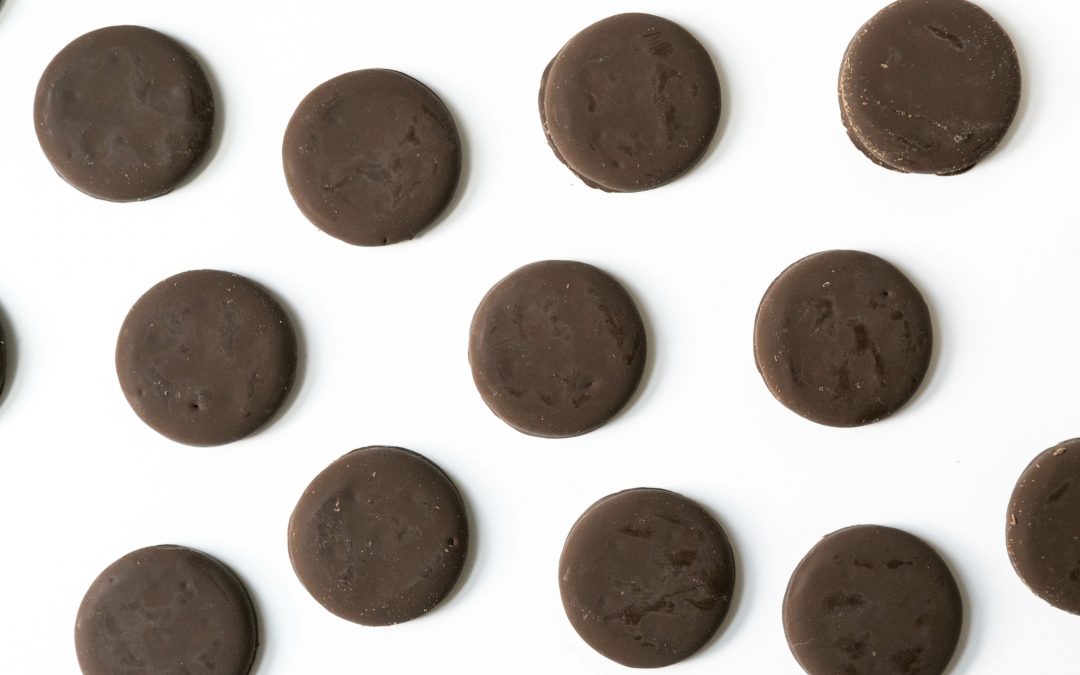
The marketing exchange: cookies for…
By Tom Peterson
One day driving on a busy street in my neighborhood, I noticed a couple of kids in their yard holding up signs, flagging down cars. A few adults sat nearby in lawn chairs watching and laughing. I was about to keep going when I realized what was happening: They were selling Girl Scout cookies! Immediately, the combination of cute kids being entrepreneurs and the anticipated taste of a Thin Mint kicked in. I parked and bought a few boxes.
Kids marketing cookies. In 2014, thirteen-year-old Danielle Lee took this to a new level when she planted her cookie sales in front of a medical marijuana shop in San Francisco and sold 117 boxes in two hours. Anticipating copycats, the Colorado Girl Scout officials quickly nipped this marketing idea in the bud and warned their girls: none of that! They pointed out that the kids couldn’t set up outside strip bars, liquor stores, or any other adult-oriented businesses.
Fair enough. But these stories raise questions for those who market for causes: How do you legitimately tap into real needs, perceived needs, or wants? Does anyone truly need three boxes of Thin Mint cookies? The primitive-lizard part of our brain tells us, Yes, we do! But another voice tells us those cookies don’t fit into our plan to eat healthy. Okay, so the cookies fall more into the want category. Of course, everyone wants to support the worthy Girl Scouts. Whatever motives are tapped, the cookies sell—200 million boxes worth about $800 million a year.
Marketing exchange in overdrive
The marketing exchange is about trading: I give something that benefits you and you give something that benefits me. When goods (tangible), services (intangible), ideas or money are traded, each party gets something of value from the other. The marketing exchange for even a cup of coffee isn’t always simple. You want a cup of coffee and a shop has coffee for sale. You buy a cup. But hold on, if you live or work nearby, you could have made a whole pot at a fraction of the cost. So what’s up? Maybe you can’t make a cappuccino at home, or maybe you really just wanted to get out, to meet friends, or to do your work around other people. So, you are partly buying that third place beyond home and the office. And maybe you’ll pay more if it’s fair trade coffee, because you care about the livelihood of the farmers who grew it.
The creativity of benefit marketing exchange went into overdrive at the height of the COVID-19 pandemic as state and local governments and others laid out goodies to encourage the vaccine-hesitant. Apparently, saving your life, protecting those who are important to you wasn’t worth the inconvenience of getting a shot. The Talladega Superspeedway in Alabama offered two laps around the track for anyone willing to get the shot. Around the country, folks were given tickets to places like Six Flags and events like Yankees games. For many it was a cash bonus of $100. In Arkansas, it was hunting and fishing licenses. Many states offered lottery incentives, including California’s ten chances to win $1.5 million. And to come full circle, Indiana gave out boxes of Girl Scout cookies!
